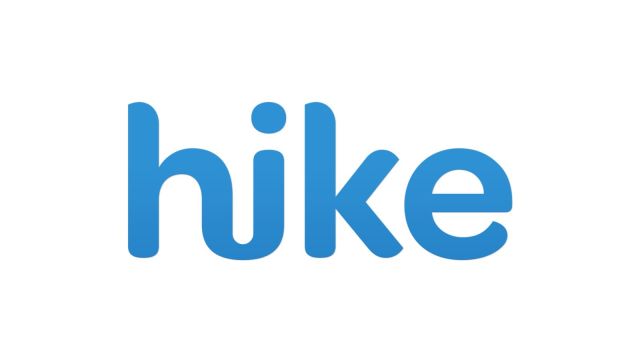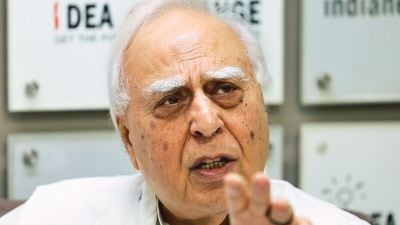Hike to shut down fully after online money gaming ban; CEO Kavin Mittal says not worth it
First launched as a WhatsApp challenger back in 2012, Hike had since pivoted to offering games like carrom and ludo with real-money transactions.
 Hike Messenger was shut down in 2021. (Image: Wikimedia Commons)
Hike Messenger was shut down in 2021. (Image: Wikimedia Commons)Hike, the instant messaging app-turned-gaming platform, is the latest addition to a growing roster of businesses that are winding down after the Indian government effectively banned the real-money gaming (RMG) sector through new legislation.
Kavin Bharti Mittal, the founder of Hike and son of Airtel’s Sunil Bharti Mittal, announced on Saturday, September 13, that the company will cease all operations.
“We could raise the capital, but the real question is: is it worth it? Is this a climb worth pivoting for? For the first time in 13 years, my answer is no. Not for me, not for my team, and not for our investors,” Mittal wrote in a blog post. “This is both a disappointment and a hard outcome. But I choose to look on the bright side: the learnings are invaluable, and my conviction for what’s next is even stronger,” he added.
First launched as a challenger to WhatsApp in 2012, Hike had since pivoted to offering real-money games or games wherein users make a deposit with the expectation of earning monetary rewards on it.
The Promotion and Regulation of Online Gaming Act, 2025, which came into law last month, imposes a blanket ban on all categories of online money games (regardless of whether they are based on skill or chance) while recognising and promoting the development of esports as a legitimate competitive sport, alongside online social games (that may charge subscription fees, provided they do not involve stakes or wagers).
Concerns over addiction and its social fallout have been cited by the Centre as a key factor in its decision to impose the ban on RMG services, alongside national security concerns. In response to the ban, industry leading players such as Dream11, Winzo, and Zupee pulled the plug on their RMG offerings and shifted focus to financial services, micro-dramas, etc. Some other companies continue to offer real-money games in markets like the United States, where a blanket ban doesn’t exist.
While Hike’s US business, which launched nine months ago, has been off to a strong start, Mittal said that “scaling globally would require a full recap, a reset that is not the best use of capital or time.”
Hike was first launched as a challenger to Meta-owned WhatsApp back in 2012. It reached over 40 million monthly active users and became the 35th most loved consumer brand in India at its peak, as per the company.
Hike’s bold bet to take on WhatsApp with a youth-focused messaging app attracted several prominent investors including Tiger Global, SoftBank, and Tencent. In 2016, the startup secured unicorn status after it was valued at $1.4 billion. However, Hike Messenger was officially sunset in 2021 because the global effects were too strong (unless India banned Western companies), as per Mittal.
A year later, the company launched Rush as its primary platform where users could play casual games such as carrom and ludo, and win cash prizes. “RMG was never the destination. It was a way to test unit economics and traction in India while working toward a bigger vision. In hindsight, starting in India locked us into the model and regulatory headwinds, turning a temporary path into a more permanent one,” Mittal said on Saturday. During its four-year run, Rush saw over 10 million users and generated more than $500 million in gross revenue.
What next?
On lessons learnt from the company’s 13-year-run, Mittal urged other entrepreneurs to avoid winner-take-all markets, build for upcoming tech cycles, and seek regulatory clarity early.
“The world will eventually move toward a Nation-type model in gaming and Web3 – Company 2.0. But crypto regulation is still developing globally, and we don’t want to repeat India, where we hoped for clarity that never came,” he said. Mittal also highlighted AI and energy breakthroughs as the next big opportunities.







